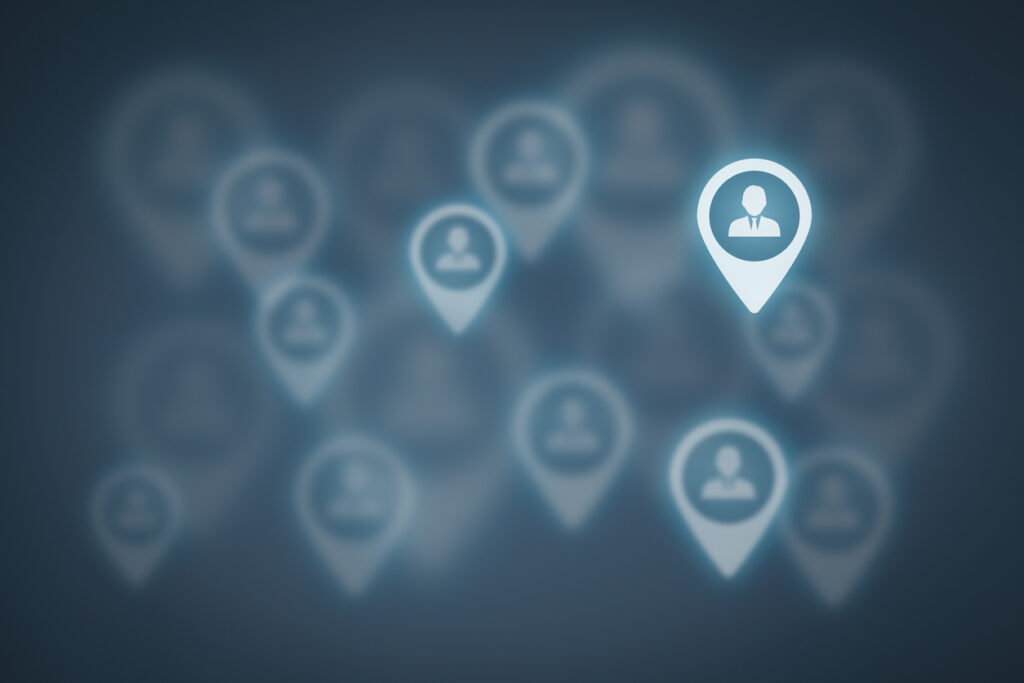AI (artificial intelligence) is disrupting industries from medicine, transportation and software, to consumer goods.
HR hasn’t been exempt, and AI is poised to transform the recruiter role by automating and streamlining low-value, time-consuming tasks.
AI for recruiting is the application of artificial intelligence such as learning or problem-solving exhibited by machines to the recruitment function. AI uses techniques such as machine learning, natural language processing, and sentiment analysis to learn, troubleshoot, and problem solve.
As technology becomes fast and cost-effective enough to collect and analyse huge quantities of data, talent acquisition leaders are increasingly asking their recruiting teams to demonstrate data-based KPIs such as new hires’ performance and turnover.
AI’s growing popularity represents exciting opportunities, and recruiters who understand how to best leverage AI recruiting technology stand to reap the rewards. Here are the major ways AI will impact recruitment in 2017:
Adding intelligence to your candidate search
AI software designed to integrate with your existing ATS represents the next generation of ATS functionality. By leveraging existing resume data, AI allows recruiters to conduct intelligent searching.
Intelligent searching goes beyond keywords and Boolean searches by enriching resume data with information from the candidate’s public digital footprint.
Using natural language processing, a resume enricher can scrape a candidate’s public social media profiles and online work portfolio to create a preliminary profile of his or her skills set and personality traits and match them against the job requirements.
Speeding up the screening process
While the average time to hire is 27 days, the best candidates are off the market within 10 days. The current candidate-driven market is only going to get more competitive: 56% of talent acquisition leaders say their hiring volume will increase this year.
That means recruiters who can speed up their hiring process using AI automation tools will win the war for talent in 2017.
Manually screening resumes is one of the most time-consuming and tedious parts of the recruiting process. With high-volume roles receiving more than 250 applications on average, automating resume screening represents huge savings in a recruiter’s time.
Powered by machine learning, intelligent resume screening is the ability to apply the knowledge the software learns about existing employees’ experience, skills, and qualifications from their resumes to automatically screen, shortlist, and grade new candidates (e.g., A to D).
Improving the candidate experience
Today’s candidates want and expect continuous feedback, often immediately.
Fifty-eight percent of job seekers have a negative impression of a company if they don’t hear back after submitting an application. AI in the form of chatbots promises to improve the candidate experience.
Recruiter chatbots use natural language processing to interact with candidates in real time by asking qualification questions related to job requirements and providing feedback and next-step suggestions.
By automating repetitive tasks such as answering FAQs about a job, a chatbot can ensure the candidate experience isn’t suffering from a lack of communication on the recruiter’s end.
Automating the recruiting workflow through AI will ironically allow recruiters to become more “human” by freeing up their time to more deeply explore candidates’ needs and desires and determine fit.
Reducing unconscious bias during the recruitment process
AI can reduce unconscious bias during the recruitment process by ignoring demographic information on a candidate’s resume or profile such as age, gender, and race.
AI is trained to find patterns in previous behaviour; however, so any human bias that may already be in your recruiting process – even if it’s unconscious – can be learned by AI.
To avoid replicating human bias that may already exist, make sure any AI software you use is has taken steps to remove clear patterns of potential bias (e.g., only hiring graduates from a specific university).
Pivoting recruiting into a talent advisor role
By automating low-level administrative tasks, AI will enable recruiting to pivot into a more strategic talent advisor role.
These talent advisory functions include partnering with hiring managers and talent acquisition leaders to map out proactive hiring initiatives based on future growth and revenue rather than reactive back-filling.
70% of hiring managers state that to improve long-term business impact, recruiting teams need to be more data-driven and fact-based. AI technology allows recruiters to collect data over time, which they can use to close the loop with hiring managers by measuring crucial recruiting KPIs such as quality of hire.








One Response
Great article! I think there
Great article! I think there are some important points made in this article about ensuring any AI software you use has taken steps to remove patterns of potential bias.
Megan, Sten10 (www.sten10.com)